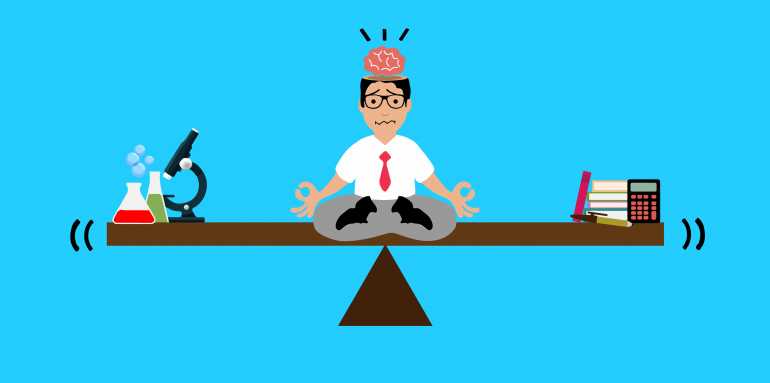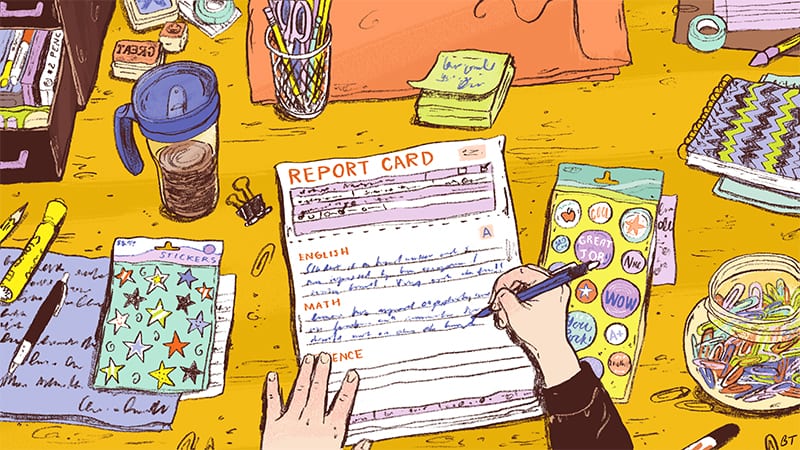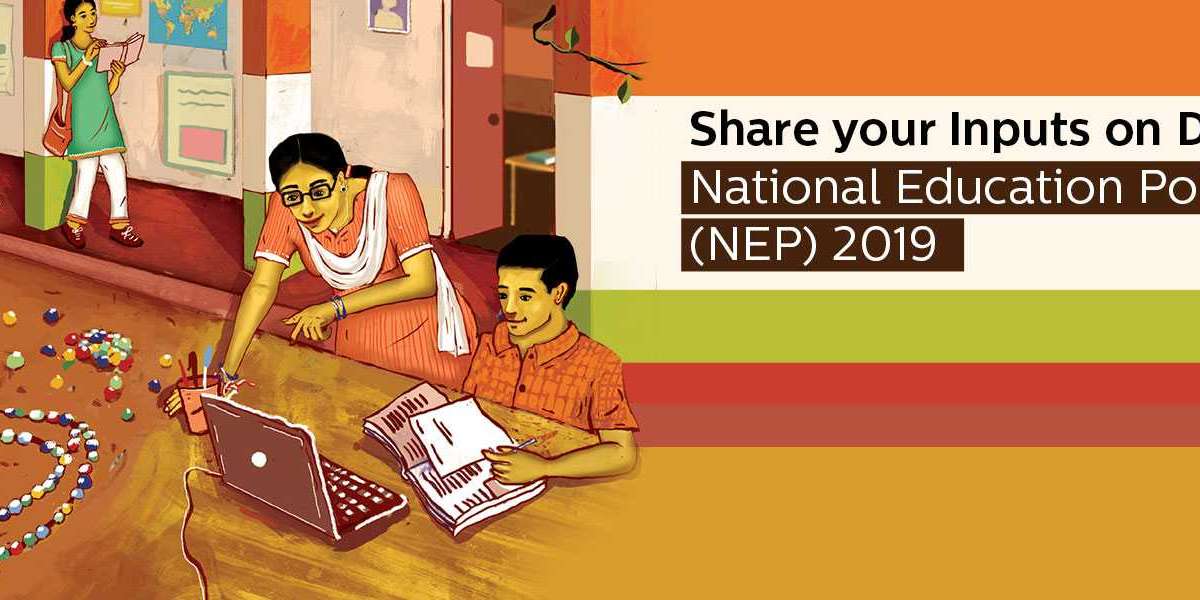Our government has addressed almost all the major points of criticism that were prevalent in our education system.

First and foremost, after class 10th, our traditional education system tends to distribute children into three streams: Science, Commerce, and Humanities. The biggest problem with this kind of classification is that it restricts children from studying a variety of subjects. If a student is interested in both History and Physics, he has to forcefully prioritize one over the other. The new policy, however, allows students to opt for their favorite subjects without any hindrance.
90s kids, jealous much?
The new system will start its education right at age three instead of six and will be changed to 5 (foundational stage)+3(preparatory stage)+3(middle stage)+4(secondary stage) system, instead of the 10+2 system.
/200548173-001-56a777a83df78cf772963042.jpg)
Another positive point is that vocational jobs like plumbing and carpentry will no longer be viewed as low-leveled. Such vocational activities will be encouraged in schools! Yes, the students will be going bagless to their schools to learn more about vocational skills than just theoretical subjects. This will not only increase the respect for such occupations but will also standardize the education system to a large extent.
To the teachers: now you will not be the only ones owning your students' report cards! At the end of the academic year, the students themselves will be made to reflect and interrogate his conscience and write about it in his report card. In my opinion, this step was very necessary to increase the critical thinking of kids.

ROTE LEARNERS: your time has expired. The students will be taught coding right from class sixth. Also, there will be a more limited emphasis on the board exams with questions that pays less importance to memorization skills.

Finally, I think our appeal for the government to spend more money on education has been granted access! The government will be spending a total of 6% of GDP on education instead of the regular 3%. Say hello to new lab equipment and infrastructure!
Post Graduation Changes
There will be a multi-entry-exit program. If a college student wishes to drop out and pursue some other field, he will be credited with the education that he received before dropping out. This simply means that any type of education will not go waste.
Suppose if you're pursuing a 4-year college course then if you drop out after one year, you will get a certificate. After the second year, you will get a diploma. A bachelor's degree after the third and a bachelor's research degree after the fourth.
Moreover, M.A. and M.Sc courses will only be of one-year duration and M.Phil has been discarded.
Even though some states are showing their disapproval over the NEP with strong criticisms, I personally think this is a revolutionary step taken. This step will not only encourage vocational skills among students but will also encourage international institutions to expand their campuses in India.
What do YOU think about the #NewEducationPolicy? Let us know in the comment section!







